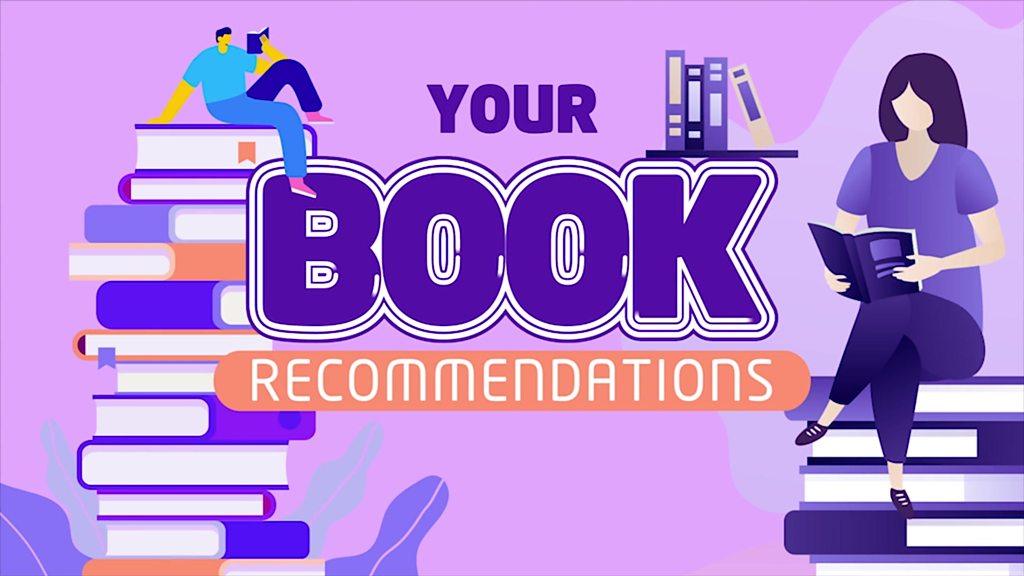Cressida Cowell urges government to fund school libraries
- Published
- comments
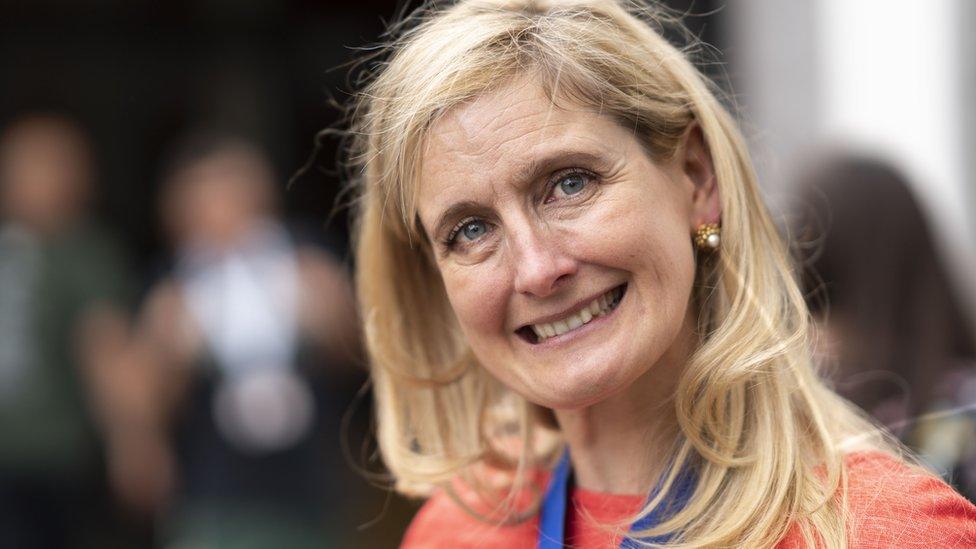
Children's Laureate, Cressida Cowell MBE, has called on the Prime Minister to help reverse the spiralling inequality in education by investing £100m every year into primary school libraries
The Children's Laureate and internationally bestselling author-illustrator of the How to Train Your Dragon series, Cressida Cowell MBE, is calling on the government to invest more in primary school libraries.
In a letter to the Prime Minister Boris Johnson, Cowell - supported by former Laureates, literacy organisations, and publishing industry leaders - asked the Government to improve primary school library provision to "help children whose future now lies in the balance."
The author highlights how long-term underfunding has caused "spiralling inequality in education" and some of England's primary school libraries might suffer from a lack of space, resource and expertise.
One in eight primary schools have no designated library space and this figure doubles in schools with a higher amount of children on free school meals.
According to Cowell, this means that millions of children - particularly those from the poorest communities - are missing out on the opportunity to become a reader for pleasure and the life-changing benefits this brings for a child's educational development, health and well-being, personal growth and future prospects.
What else do we know?
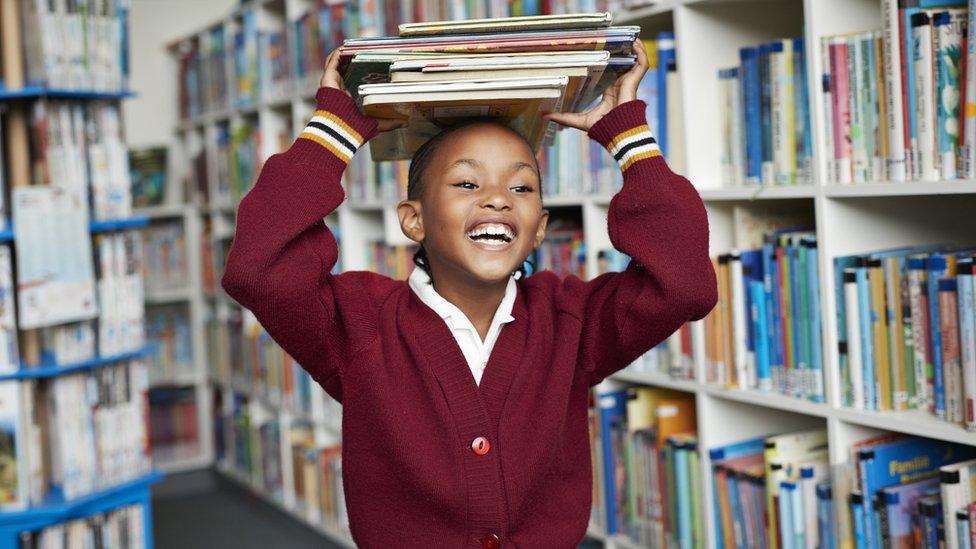
Cowell's letter to Mr Johnson has been supported by former Children's Laureates including Michael Rosen, Quentin Blake and Jacqueline Wilson.
They want the government to recognise the importance of primary school libraries as a vital resource for giving all children access to books and reading.
Cowell is urging the government to address inequalities in education and said: "Millions of children, particularly those from the poorest communities worst hit by the pandemic, are missing out on opportunities to discover the life-changing magic of reading - one that OECD research suggests is a key indicator in a child's future.
"How can a child become a reader for pleasure if their parents or carers cannot afford books, and their primary school has no library, or that library is woefully insufficient? I am writing ... to ask the Government to help reverse the spiralling inequality in education by putting primary school libraries at the heart of our long term response to the pandemic with a ring fenced, yearly investment of £100m."
Diana Gerald, CEO at BookTrust, said: "Reading opens up a world of new possibilities for children and develops aspiration, with research showing that it can drive social mobility and mitigate the effect of social inequality."
It is impossible to overstate the life-changing impact that books and reading have on a child's life prospects, their mental health, wellbeing, self-esteem, educational achievement and so much more.
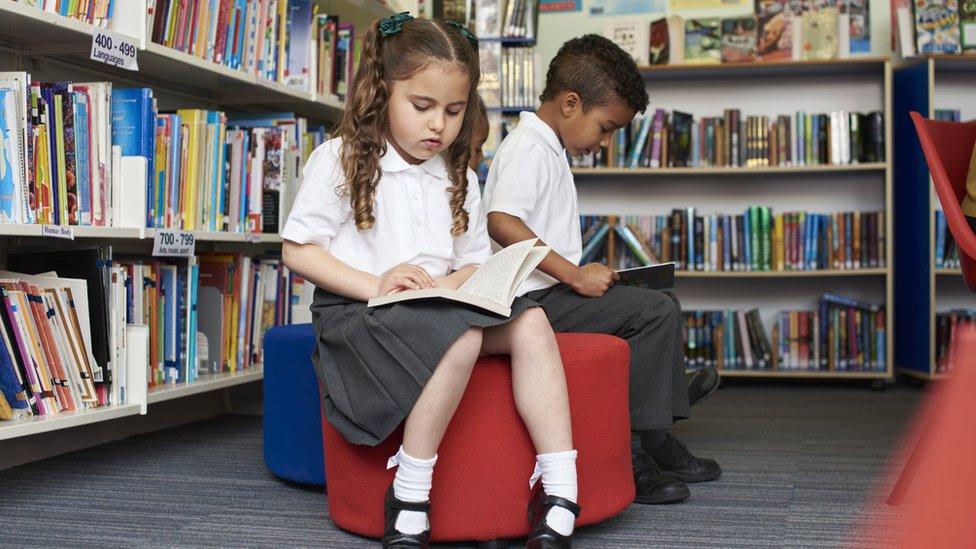
Cowell has also announced plans for a new project called 'Life-changing Libraries'. Over the course of a year, six very different primary schools across England - all of which have at least 25 precent of pupils eligible for free school meals - will be helped to develop a reading for pleasure culture, with the support of BookTrust and Cressida.
A dedicated library space will be created in each of the six primary schools and stocked with approximately 1000 books.
The project will monitor the impact on pupils' engagement, attitudes and reading behaviour across 12 months, collecting stories and case studies.
Kate Chisholm, Headteacher at Skerne Park Primary School, said: "Many children do not have access to books at home. Parents, when living in poverty, often have to choose between essential food and luxuries such as books, toys, or clothes.
"The children at Skerne Park Primary School have some access to books at school, but with declining budgets these are old and well used, and not very enticing for children to pick them up and read at home. Reading is a gateway to an excellent education and also an enabler for social mobility. Without the right literacy skills children often fall behind and disengage from education."
What have the government said?
The Department for Education said they are investing £14 billion in schools over the three years 2022-23, which they say will allow schools to invest more in resources like library provision.
They also said they've strengthened the national curriculum to focus on developing reading skills, and increased the focus on phonics to help children acquire one of the basic building blocks of reading.
The government said that it's for individual schools to decide how best to provide and maintain a library service for their pupils, including whether to employ a qualified librarian.
- Published9 July 2019
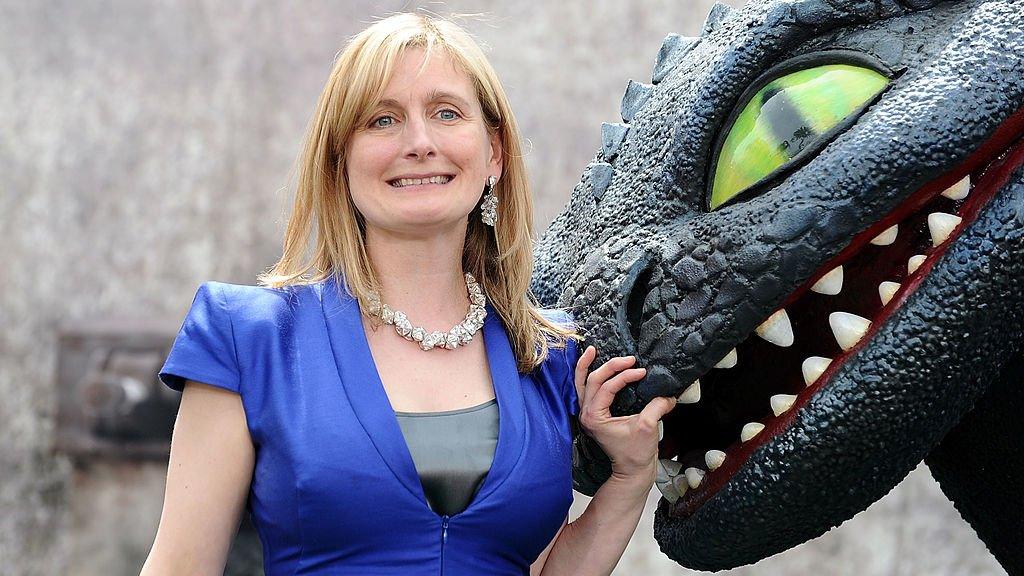
- Published8 October 2020
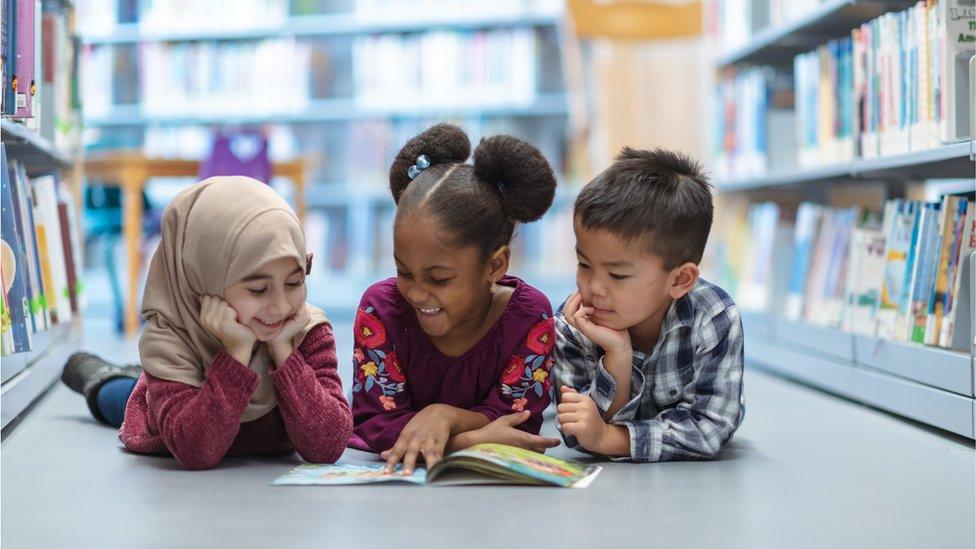
- Published4 June 2020
